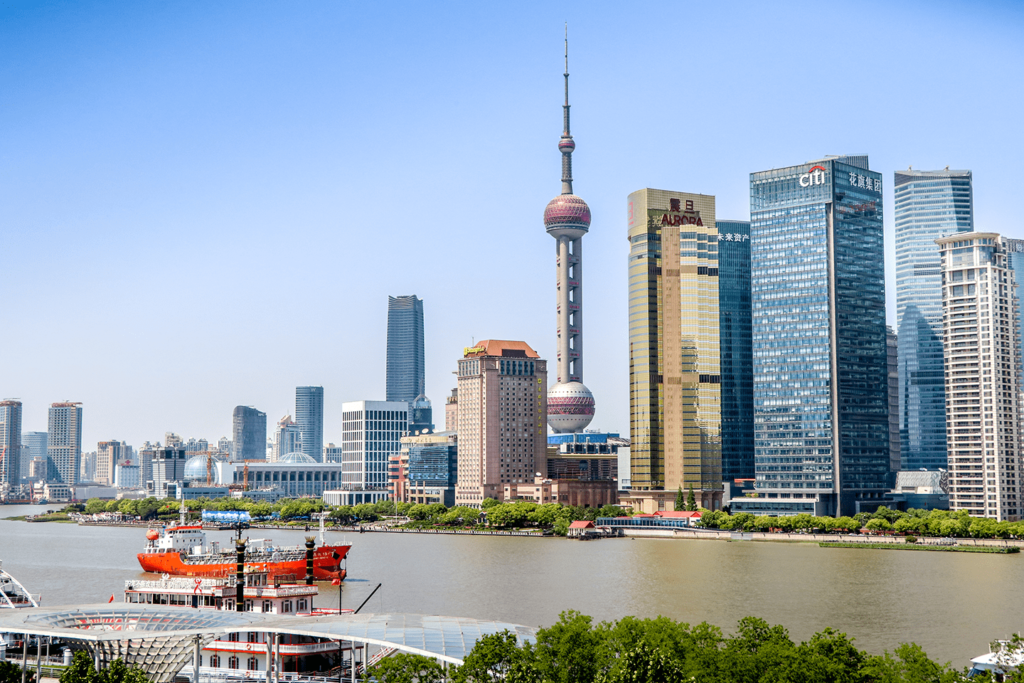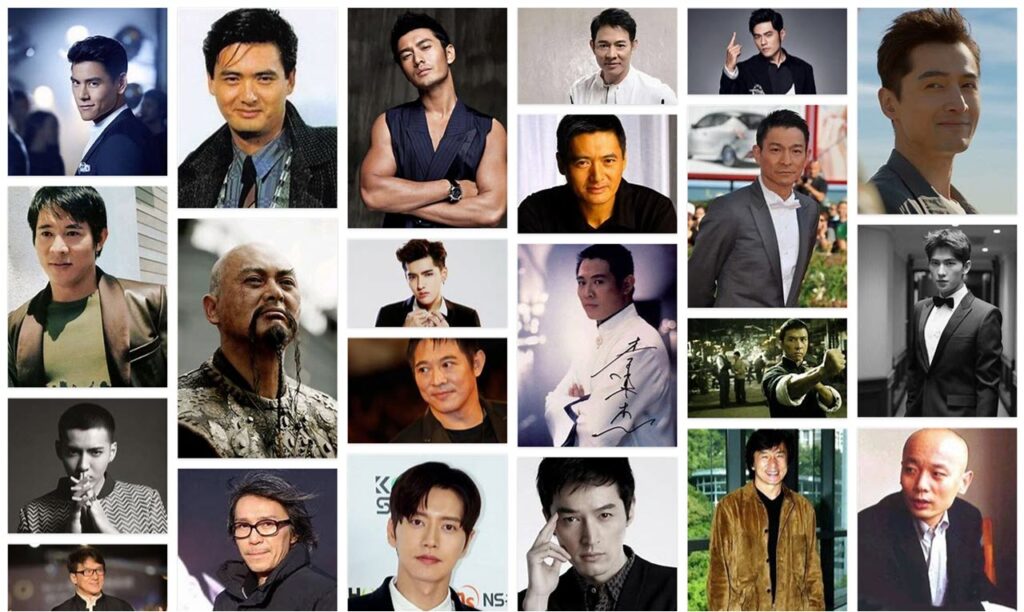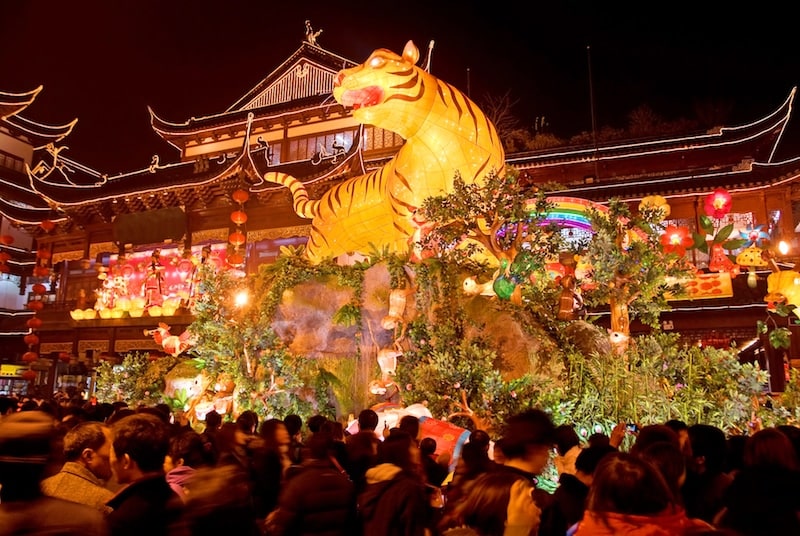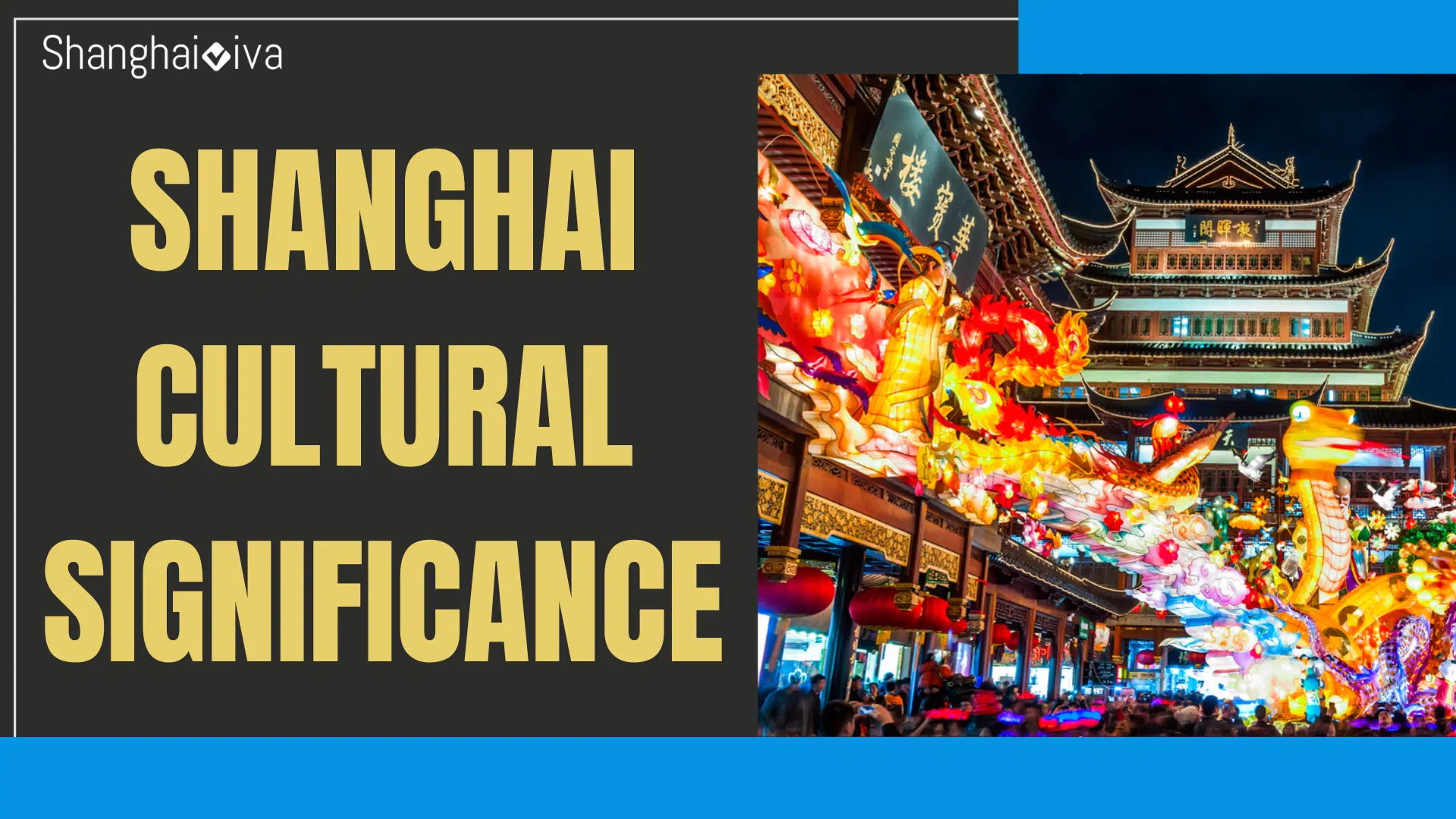The city of Shanghai carries a profound cultural significance that spans across centuries. From its beginnings as a modest fishing village to becoming one of the world’s most dynamic cities, Shanghai has experienced a remarkable cultural evolution. In this blog post, we will delve into the depths of Shanghai’s cultural heritage and explore its significance in shaping the city’s identity.
The Ancient Origins of Shanghai
Shanghai’s cultural roots extend back over a thousand years, when it was originally called “Hudu.” During the Tang Dynasty (618-907 AD), Hudu acted as a strategic port on the Yangtze River, attracting a diverse array of traders and merchants. This multicultural exchange laid the foundation for Shanghai’s cultural fusion that would develop in the future.
Cultural Fusion in Shanghai’s Architecture

Shanghai’s architecture is a testament to its rich cultural history and artistic legacy. From the grandeur of ancient Chinese styles to the influence of Western colonialism, the city’s buildings showcase a harmonious combination of cultural elements.
The iconic Yuyuan Garden exemplifies traditional Chinese garden design, with its meticulously crafted landscapes and serene surroundings. This four-century-old garden remains a treasured symbol of Shanghai’s cultural heritage, offering visitors a glimpse into the artistic sensibilities of ancient China.
Shanghai’s Role as a Cultural Melting Pot
As a major international trading hub, Shanghai played a pivotal role in attracting people from around the globe. The city’s cultural melting pot can be witnessed in its diverse culinary offerings, where traditional Shanghainese cuisine intermingles with international flavors. From delectable xiaolongbao (soup dumplings) to mouthwatering noodles, Shanghai’s gastronomy reflects the fusion of different culinary traditions.
Shanghai also became a hub for artists, writers, and intellectuals, fostering a bustling art and literary scene. The historic Tianzifang district, nestled in the French Concession area, is a haven for art galleries, boutique shops, and charming cafes. Its narrow alleyways and quaint buildings provide a glimpse into Shanghai’s vibrant creative community.
The Birthplace of Chinese Cinema
Shanghai has been referred to as the birthplace of Chinese cinema, playing a pivotal role in the development of the nation’s film industry. In the 1920s and 1930s, Shanghai was home to a vibrant film culture that produced influential works and propelled Chinese cinema onto the international stage.

The iconic Cathay Hotel, now known as the Fairmont Peace Hotel, served as a gathering place for filmmakers, actors, and film enthusiasts during this golden era. The hotel’s Jazz Bar, with its nostalgic ambiance and live jazz performances, harkens back to Shanghai’s roaring twenties, when the city was a hub of artistic expression.
Shanghai’s Cultural Festivals and Traditions
Shanghai is home to a myriad of cultural festivals and traditions that celebrate its diverse heritage. The annual Longhua Temple Fair, held during the Chinese New Year, offers visitors a sensory feast with lantern displays, traditional performances, and vibrant market stalls. This ancient temple, founded over 1,700 years ago, stands as a testament to Shanghai’s spiritual legacy.

Another prominent cultural event is the Shanghai International Film Festival, attracting filmmakers from around the world. This prestigious festival showcases an array of films, promoting cultural exchange and artistic appreciation.
Shanghai’s Vibrant Contemporary Art Scene
In recent years, Shanghai has witnessed the emergence of a thriving contemporary art scene. Leading art institutions such as the Power Station of Art and the Shanghai Museum of Contemporary Art have become focal points for showcasing groundbreaking works from both Chinese and international artists.
The M50 Creative Park, located in a former industrial complex, has transformed into a vibrant hub for artists’ studios, galleries, and design spaces. Here, visitors can witness the cutting-edge trends and avant-garde artworks that define Shanghai’s contemporary art scene.
Conclusion – Shanghai’s Enduring Cultural Legacy
Shanghai’s cultural significance is a tapestry woven with the threads of its ancient traditions, architectural marvels, artistic endeavors, and vibrant festivals. The city’s ability to embrace its multicultural heritage and foster creative expression has solidified its position as a global cultural powerhouse.
As you immerse yourself in Shanghai’s diverse cultural offerings, you will be captivated by the myriad of experiences that await you. Whether exploring ancient garden sanctuaries, indulging in mouthwatering delicacies, or delving into contemporary art galleries, Shanghai promises a journey that appeals to all senses.
Come and discover the cultural treasures that Shanghai beholds, and be part of a narrative that transcends time and leaves an indelible impression on your soul.
FAQ
What is the cultural significance of Shanghai?
Shanghai holds immense cultural significance as it embodies the rich history, architectural heritage, traditional arts, and contemporary cultural scene of China.
How does Shanghai’s architecture reflect its cultural identity?
Shanghai’s architecture showcases a unique blend of traditional Chinese and Western styles, reflecting its historical and cultural connections with both Eastern and Western influences.
What are some must-visit cultural landmarks in Shanghai?
The Bund, Yu Garden, and the Oriental Pearl Tower are some of the must-visit cultural landmarks that showcase the diverse architectural styles and cultural heritage of Shanghai.
Is Shanghai a hub for traditional arts?
Yes, Shanghai is a hub for traditional arts such as Chinese opera. The city preserves and promotes these art forms, allowing visitors to experience the timeless beauty of traditional Chinese culture.
What makes Shanghai cuisine unique?
Shanghai cuisine is known for its delicate flavors, fresh ingredients, and meticulous cooking techniques. It blends the best of traditional Chinese cuisine with local specialties, creating a unique gastronomic experience.
Why is Xiaolongbao famous in Shanghai?
Xiaolongbao is famous in Shanghai for its unique combination of savory soup and meat filling, encased in a delicate steamed bun. The skill required to make Xiaolongbao makes it a highly sought-after culinary treat.

